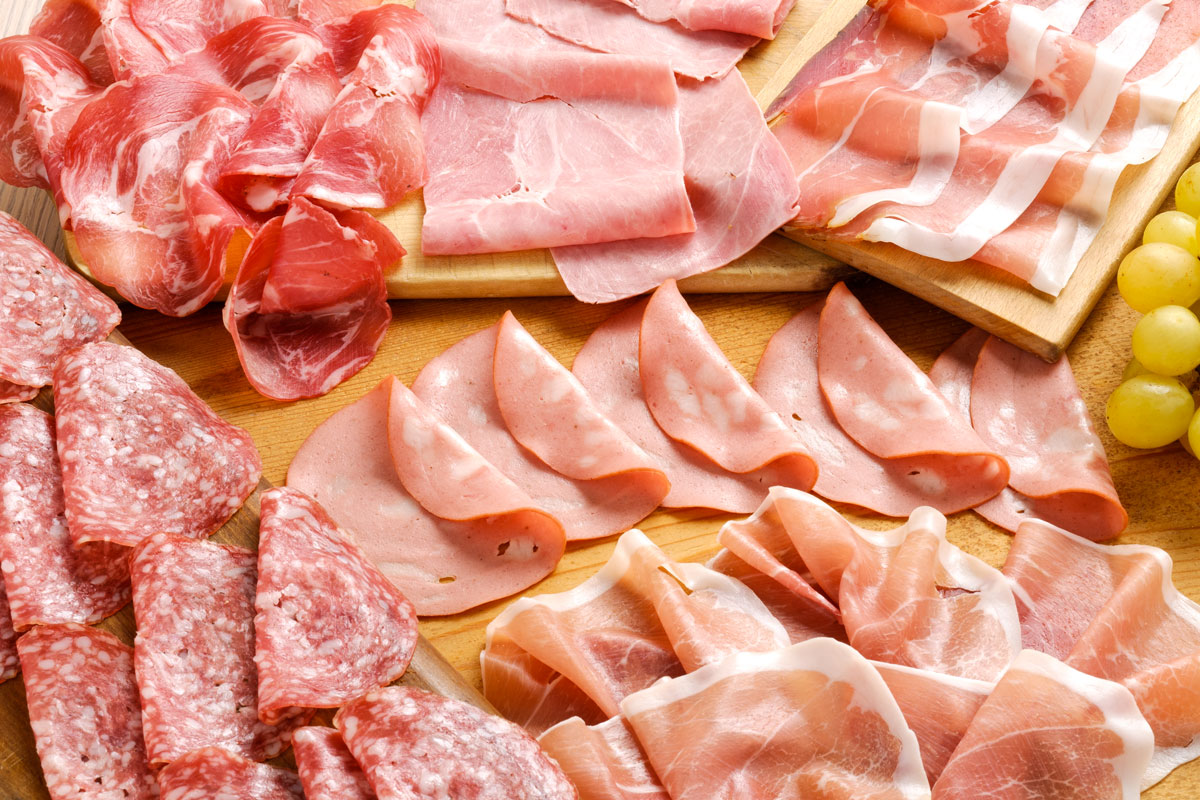Disappointment, concern and regret is what Assica (Italian meat and cold cuts industries association) expressed about the Farm to Fork strategy presented some days ago by the European Commission.
“We were ready to commit ourselves to a sustainable development strategy that enhances and helps the growth of our sector, within a real ‘Common Food Policy’ plan. Instead we find a list of accusations against which we shall defend ourselves, and obligations to be respected with uncertain future commercial prospects – said the president of Assica, Nicola Levoni -. In the Farm to Fork strategy text we note a widespread opposition between animal origin and plant based products. Bad, or at least suspect, the former, good and free from defects or environmental impacts the latter. We would have preferred a more balanced approach from the European Commission.The text should at least have taken into account that a balanced diet should include all kinds of food.”
THE LABELLING ISSUE
As for nutritional labelling, it is still unclear what the system will be like. Assica is hoping it will not involve a classification of foods. Above all, “it should not force our companies to modify their traditional recipes. In fact, these cannot be endangered by cunning schemes whose real goal, hidden behind consumer information, is to obtain improper competitive advantages by undermining aspects that are difficult to imitate, such as tradition and culture,” Levoni said.
FARM TO FORK: FROM STRATEGY TO ACTION PLAN
Italy’s charcuterie industries are also concerned about the action plan that comes together with the strategy. A series of deadlines with respect to which new obligations will be set for companies. By 2021, industries shall provide:
- a new code of conduct,
- a recipes’ reformulation – which seems impossible for Italy’s typical cured meats, given the risk of losing the designations of origin,
- the imposition of maximum limits of certain nutrients – without forgetting that the reduction of salt in many typical Italian hams has already reached the maximum limit,
- new sustainability criteria.
After that, “in 2022 we will have to provide new nutritional profiles, the revision of the directive on materials in direct contact with food, new nutritional labelling on the front side of the packs, and the raw materials’ indication of origin” concluded Levoni.

